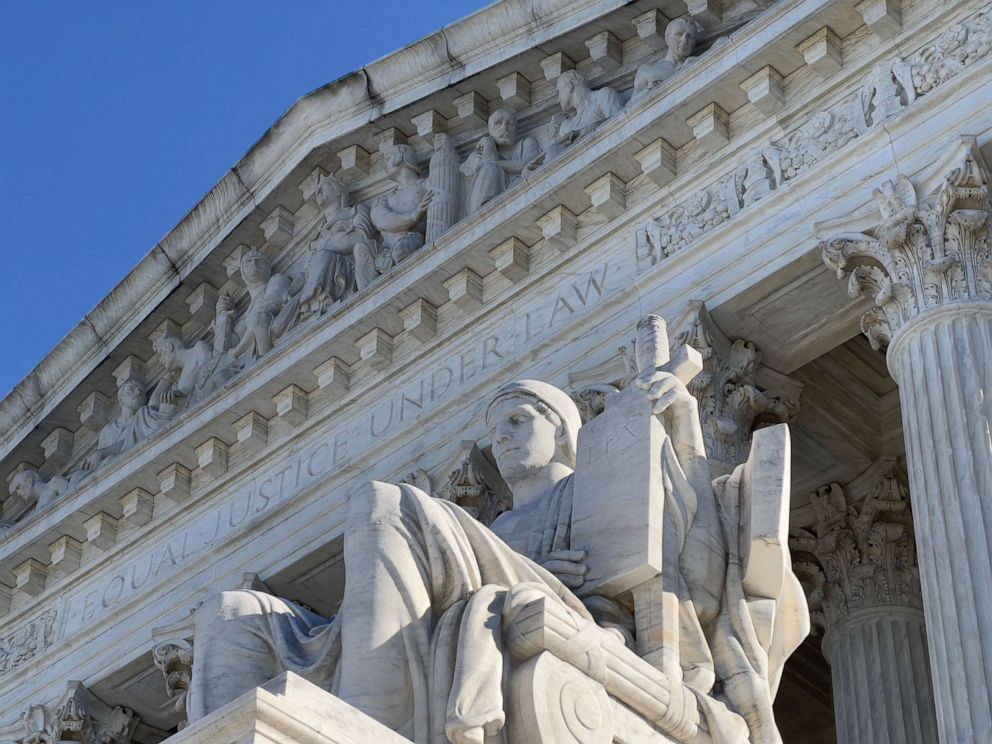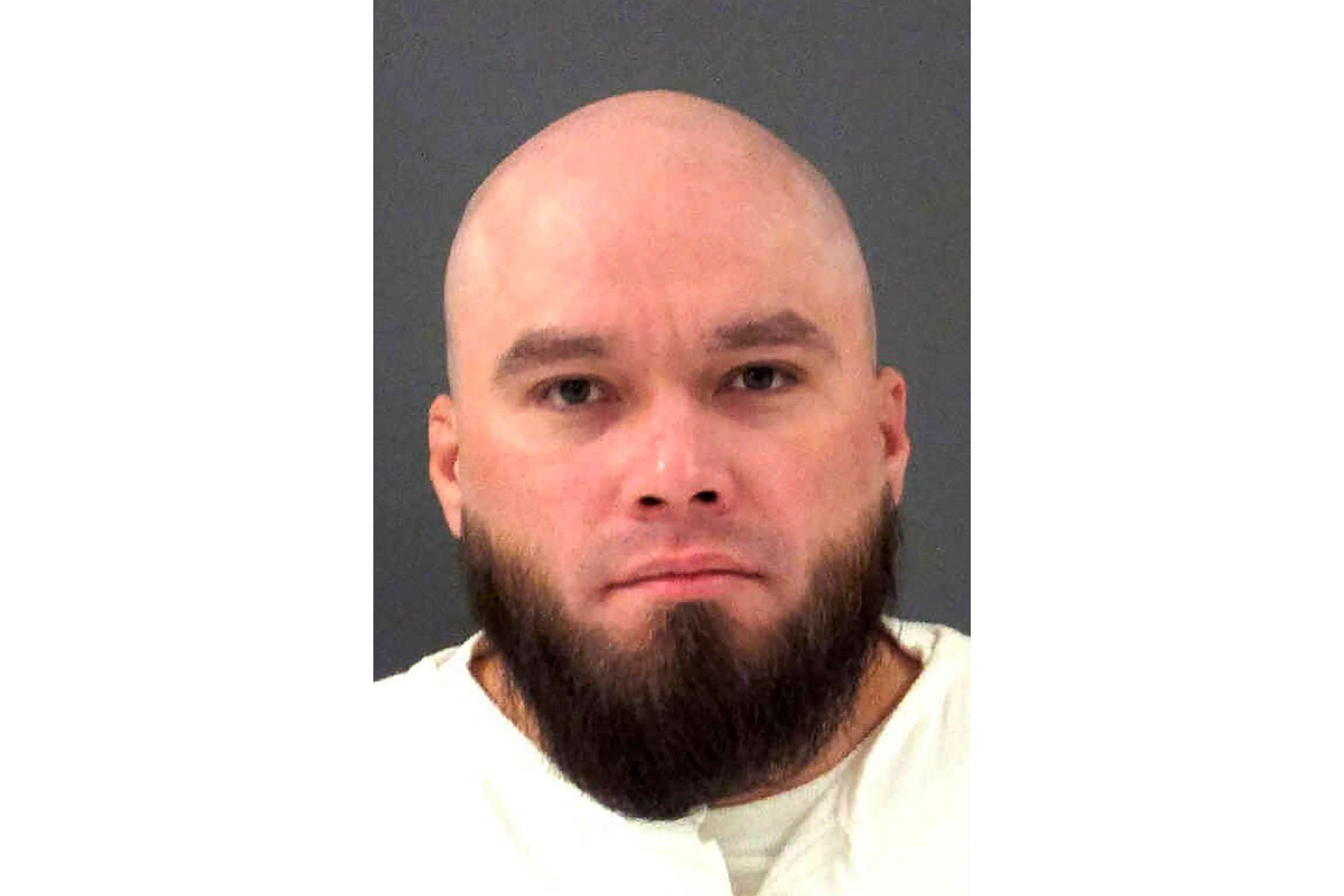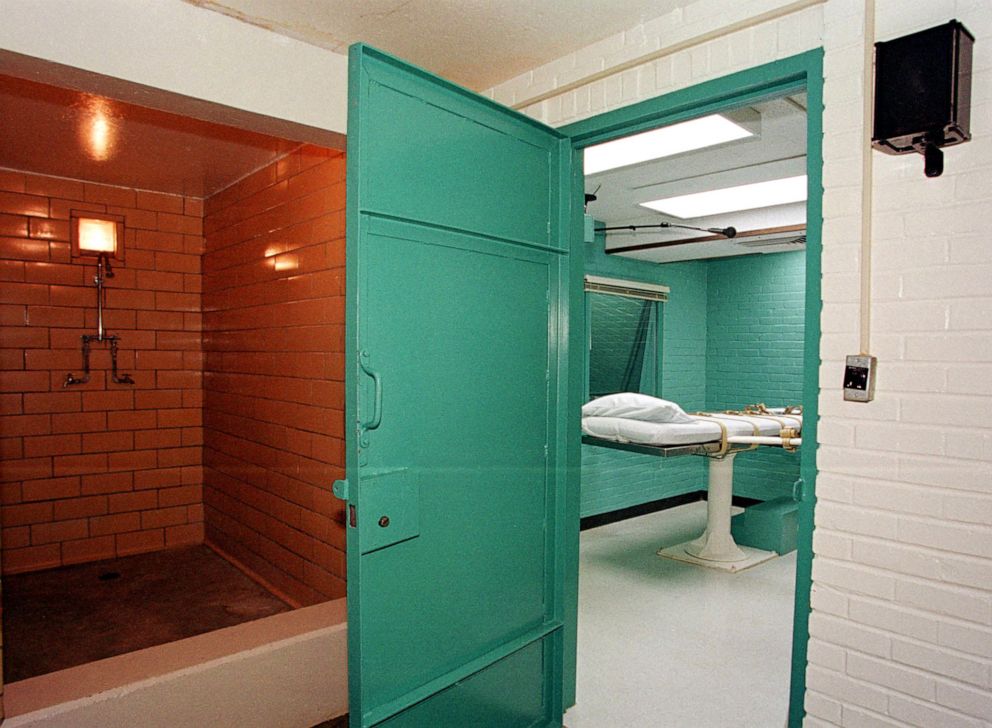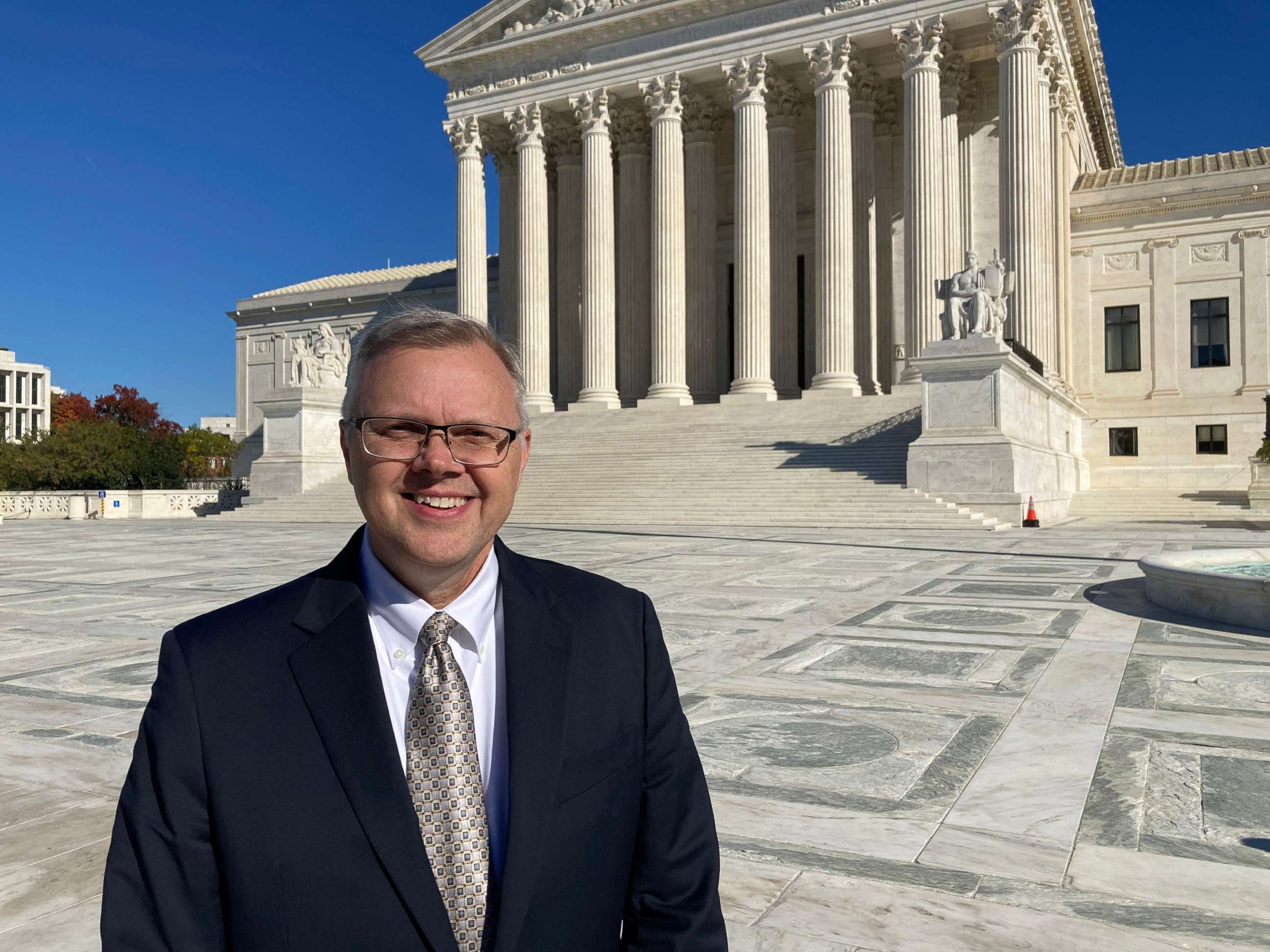Supreme Court backs pastor prayer, touch in death chamber
The justices ruled 8-1 in the case of a Texas death-row prisoner.
A near unanimous Supreme Court on Thursday said a death-row inmate's spiritual adviser should be able to pray aloud and lay hands on an inmate at the moment of his execution, siding with a Texas man who had challenged a state ban on the practice.
Chief Justice John Roberts, in an opinion joined by seven other justices, wrote that there was not a compelling government interest in denying the religious exercises, noting their extensive history in American death chambers and the availability of less-restrictive steps to ensure security and decorum in that space.

The decision was a victory for John Henry Ramirez, a 37-year-old sentenced to death by lethal injection for the 2004 murder of a convenience store clerk and father of nine, Pablo Castro.
Ramirez, who does not contest his guilt or the sentence, wants his Baptist minister to be present inside the death chamber to pray out loud and lay a hand on his body at the moment he receives a lethal injection of phenobarbital.
"Ramirez is likely to suffer irreparable harm in the absence of injunctive relief because he will be unable to engage in protected religious exercise in the final moments of his life," Roberts wrote. "Congress determined that prisoners like Ramirez have a strong interest in avoiding substantial burdens on their religious exercise, even while confined."

"It's a mixed blessing," the minister, Pastor Dana Moore, told ABC News of the court's ruling, "because he [Ramirez] can receive a date [of execution]."
"The blessing part is the precedent it sets, saying religion still matters in this country," Moore said. "I will be there to pray with John at his moment of execution and hold onto his hand or foot -- provided that's still what he wants."
Justice Clarence Thomas, who remains hospitalized for a sixth day while being treated for an infection, was the lone dissent. He accused Ramirez of "manufacturing" a delay of his punishment.
"Congress created a potent tool with which prisoners can protect their sincerely held religious beliefs. But, like any tool, it can be wielded abusively," he wrote.

Audible prayer and touching by a Texas corrections chaplain had been commonplace for more than 30 years of executions, but the state banned the practice in 2019, citing security concerns.
During oral arguments in November, Texas Solicitor General Judd Stone argued that a botched execution would be "catastrophic" and that the presence of a private chaplain within the tight confines of the execution chamber heightens the risk that something could go wrong.
"We're attempting to minimize risk almost all the way to zero, as much as we reasonably can," Stone said.
Ramirez's legal team invoked a federal law meant to protect the free exercise of religion, challenging the state's claim that there is no less restrictive alternative.
"If the real concern is the compelling interest, the safety of -- the security protocols of the execution," said Ramirez attorney Seth Kretzer, "there simply exists -- as far as everyone has looked for a hundred years -- not a single instance of any chaplain ever causing any disturbance."

Nearly a dozen faith groups and religious liberty advocacy organizations, including the U.S. Conference of Catholic Bishops and Christian Legal Society, filed briefs supporting Ramirez.
Moore told ABC News last year that he in no way condones Ramirez's brutal and "tragic" act of murder, but said, "in John -- I saw the face of Jesus."
"We'll be less than two arms' lengths away from the viewing gallery and the victim's family," Moore said at the time. "The walls are paper thin. I am cognizant of that and the grief they are still going through. But I will pray for John and for his victim and family. That's my calling. That's why I do what I do."




